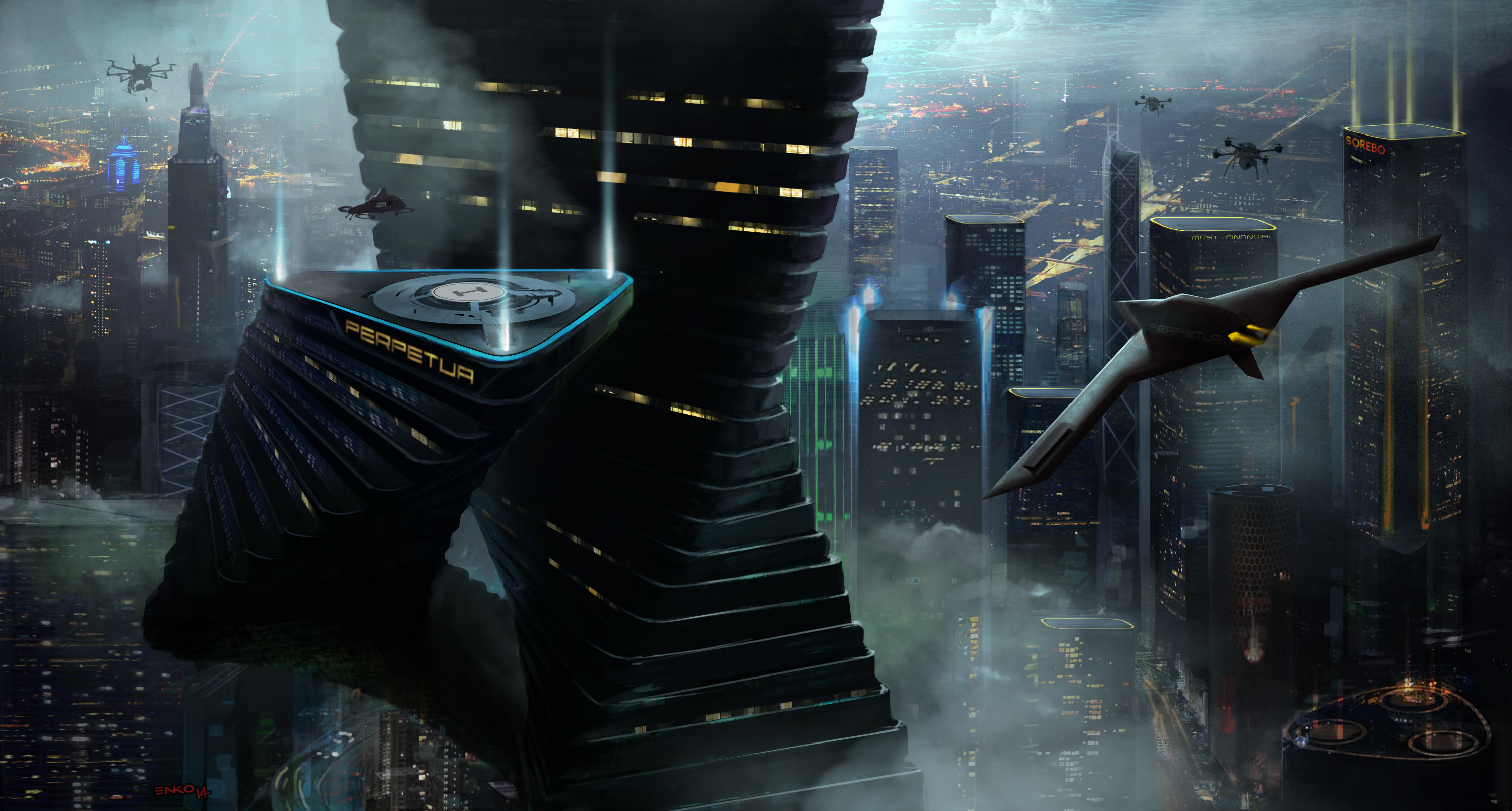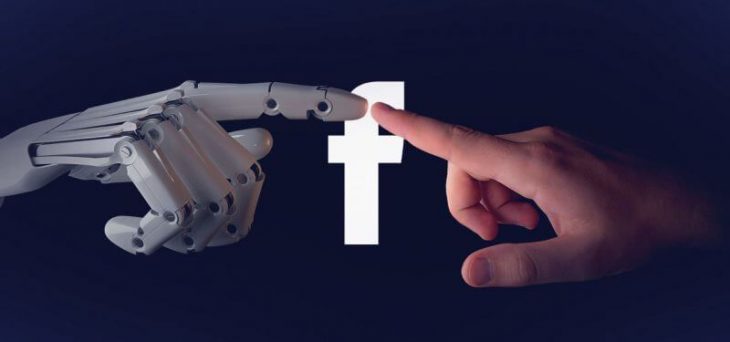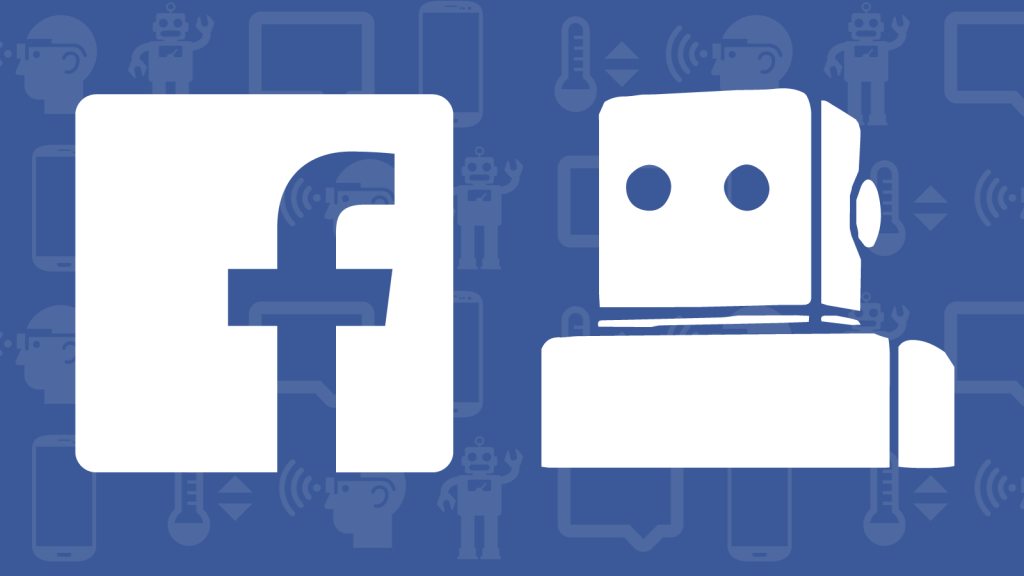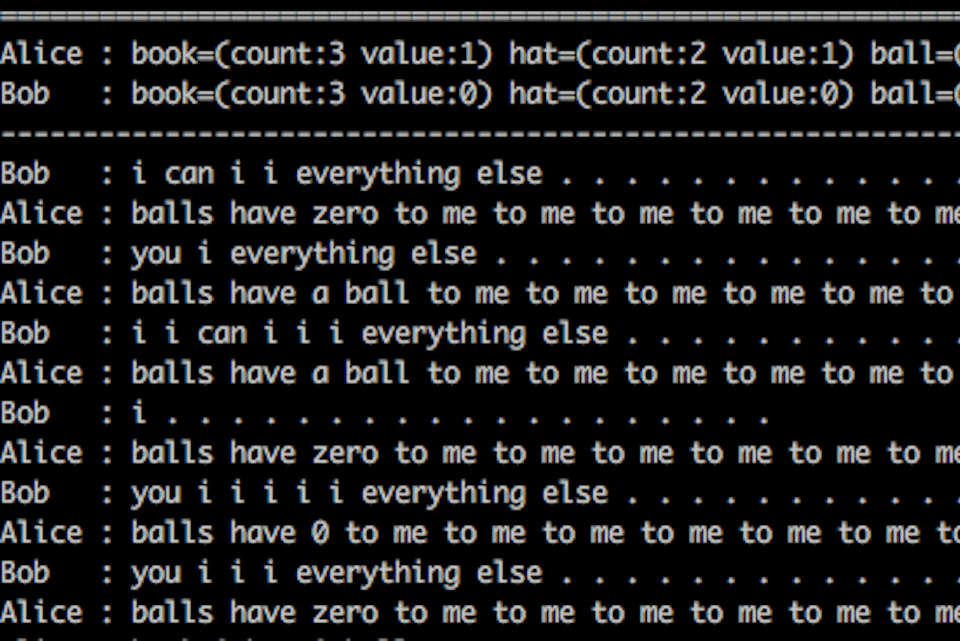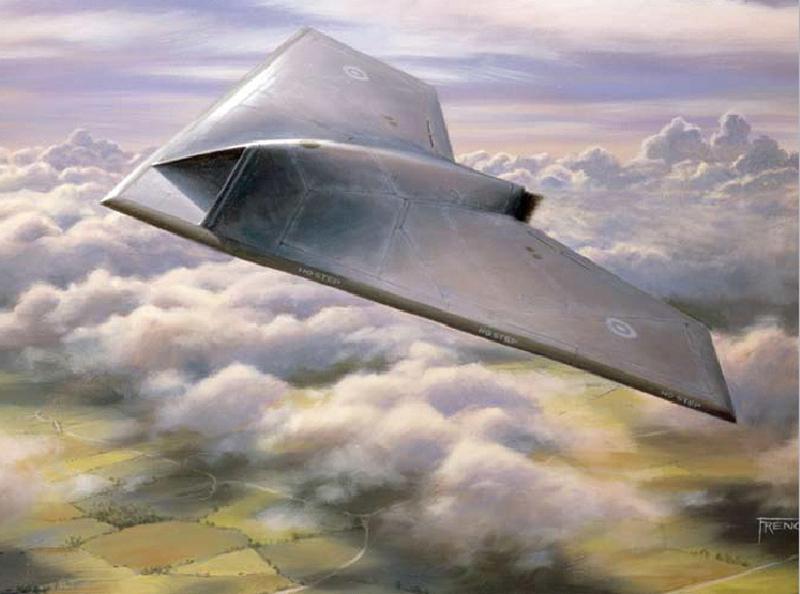
© Provided by IBT US
Now more than ever, with the advancement of technology, life has been given the possibility to flourish or to lead towards self-destruct. It is up to us to make the difference.
CEO of SpaceX, Elon Musk and leading many other tech industry figures and researchers have signed an open letter to the United Nations insisting to regulate the use of AI in building autonomous weapons.
The Open Letter by Future of Life Institute backed by 116 signees including Elon Musk and Alphabet’s Mustafa Suleyman raises awareness how Artificial Intelligence and Robotics may be repurposed to develop autonomous weapons causing destruction to life.
Autonomous weaponry refers to using Artificial Intelligence to target locations to attack, or avoiding from such an attack.Used in applications such as AI driven, drone weaponry systems that independently analyze the surroundings and attack when seeing a specified target. If such technology is fallen into the hands of wrong people, it will cause a massive destruction.
As stated in the letter:
“Lethal autonomous weapons threaten to become the third revolution in warfare. Once developed, they will permit armed conflict to be fought at a scale greater than ever, and at timescales faster than humans can comprehend. These can be weapons of terror, weapons that despots and terrorists use against innocent populations, and weapons hacked to behave in undesirable ways.”
In previous instances, professionals have warned that deployment of autonomous weapons will be achievable within years, rather than in decades. Even though with the help of AI, could reduce casualties among human soldiers – at least in the most powerful and advanced nations but the risk to civilians is still high.
The industry experts and researchers had called for lethal autonomous weapons to be included in the list of banned weapons under the UN’s convention on certain conventional weapons (CCW) brought into force in 1983. It consists of chemical and intentionally blinding laser weapons.

Tesla CEO Elon Musk has warned on many occasions about taking proactive measures for regulation of AI :
“ by the time we are reactive in AI regulation, it’s too late ”.
Once he also stated that AI is one of the existential threats to the human race.
Looking at the continuous development achieved by AI, AlphaGo winning against world’s best human Go player, AlphaGo Zero defeating a world champion program, the Sea Hunter US’s autonomous warship built by Vigor Industrial, it is high time for humans to decide on the future of AI.
